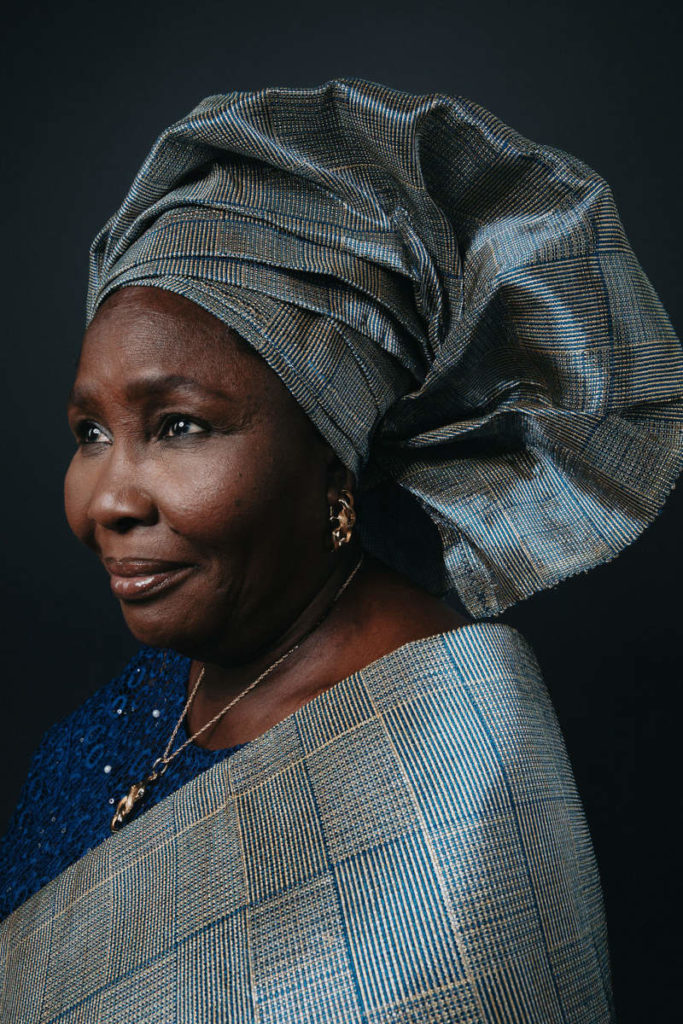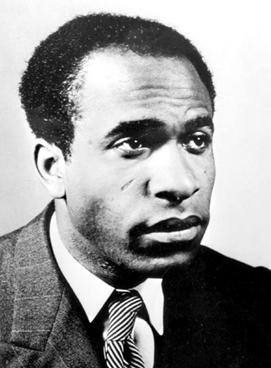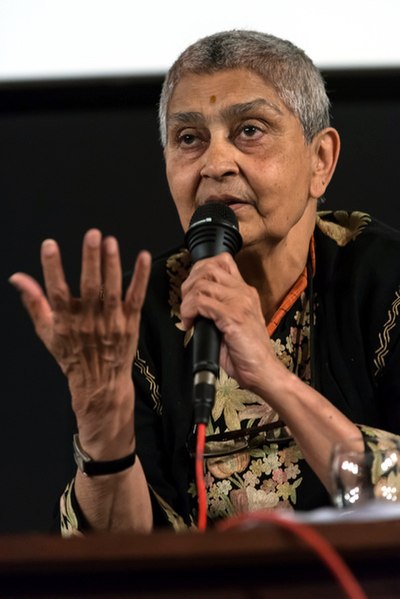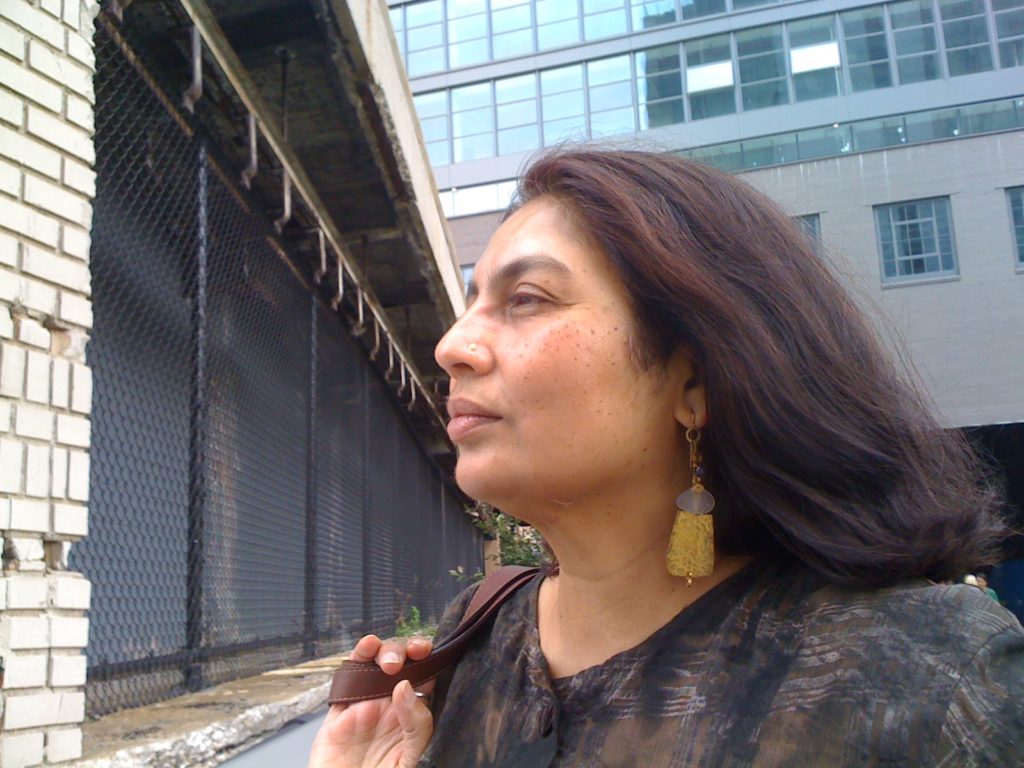“Indigenous communities are known to have intimate knowledge of their environment, much more than any well educated foreigner would. This intimacy is a result of centuries of familiarity and knowledge passed down from one generation to another.”
Chika Ezeanya-Esiobu (2019) in “Africa’s Indigenous Knowledge: From Education to Practice”

What is Research?
In your day-to-day lives, you encounter problems that require solutions and questions to which you need answers. When you encounter a question to which you don’t know the answer, you might ask other people if they know the answer, go online to see what others have said, or observe your surroundings to see if you can find the answer.
In a similar sense, research involves finding answers to questions, and finding solutions to problems. Yet, doing research is different than solving problems or answering questions you encounter in your day-to-day lives in several ways. First, the problems and questions you encounter in your day-to-day life might be relevant only to you. When you do research about the social world, on the other hand, you are addressing a social problem or question that is relevant to a group, population, or community, whether that is defined at the local, national, or global level. In other words, research addresses social problems and contributes to developing a body of knowledge more broadly. Research should have an impact beyond you. Another way research differs from answering individual questions or curiosities is that research is systematic, rigorous, transparent, and disciplined:
- Research requires you to develop a systematic (according to established guidelines and methods) process for answering the question.
- Doing research requires rigour, which means you must be thorough and accurate.
- Research involves transparency, which means you will share what you have found and show others how you arrived at your conclusions.
- Research requires discipline, which means you must follow rules set by institutional bodies governing your research, and pay attention to procedures that govern the method you are using. Other researchers will assess your research to see if it meets these standards.
This course is focused on breaking down the research process into its component parts so that you have the tools to design a research project. When you have designed your research project with careful thought, you should be able to close your eyes and imagine how you will do the project from start to finish. When you reach the stage where you can imagine the research process from beginning to end, you have a research proposal and you are ready to begin. It takes a lot of careful planning to get to this point, and requires that you seek the input of your professors and colleagues, who will help you identify any gaps, oversights, or problems that you need to address.
Research for Social Change

In this course we are focused on research for social change. When you do research for social change, you are helping find answers to questions facing a local or global community, finding solutions to social problems, and contributing to the project of creating a more socially just world. Our discussion of research for social change takes place within the context of global imperialism and colonialism and an imbalance of power relations between the Global North and the Global South. The legacies of imperialism and colonialism continue to shape definitions of knowledge, including who has knowledge and what counts as knowledge.
Imperialism refers to a state’s attempt to exert cultural influence and power worldwide. Colonialism refers to the practice of taking control of another people’s land in order to extract resources and labour. In the nineteenth century, European powers used violence to create global empires, taking control of territories in Africa, Asia, the Americas, and the Middle East. Nationalism and industrialization motivated European imperialism and colonialism. In the nineteenth century, Europe was undergoing a dramatic transformation from an agricultural economy to an industrial economy – the onset of capitalism. To acquire more wealth and power through the drive for capitalist expansion, Europeans searched for valuable resources and commodities worldwide. The pursuit of power and wealth in other countries was also fueled by nationalism and unfounded ideas about racial superiority.
Europeans justified their imperial and colonial pursuits on the basis of ‘race’. Eighteenth century ‘scientific’ thought held that people could be classified based on superficial physical characteristics like skin colour. European scientists travelled the world, classifying people based on physical differences, and attributing social meaning to these differences. In the nineteenth century, Europeans conflated ‘race’ with ‘nation’. The British argued, for example, that they were an intellectually and morally superior race. Based on this race thinking, European powers argued that the people they encountered outside of Europe were inferior and were not capable of rational thought. They viewed people from Africa, Asia, the Americas, and the Middle East as “primitive”. Today, scientists understand that there is no natural or biological basis for racial difference; rather, the idea of race is a social one. Yet the legacies of these ways of thinking, notably racism, continue to shape social thought and ideas about who has knowledge.
The field of social science emerged in Europe at the same time as European powers were embarking on colonial and imperial pursuits worldwide. The term “social science” originates in France in the 1790s at the Institut de France, and in the decades that followed, “many of the central assumptions, concepts, and terms of social science were shaped” (Oakley 1998, 719). Social science emerges in the aftermath of the Enlightenment, a period of rapid intellectual and political change wherein Western thinkers abandoned the influence of religion in favour of an emphasis on reason, which only white propertied men were said to possess. Women and non-white people were excluded from this intellectual movement. After the Enlightenment, Europe underwent dramatic political and economic changes brought about the shift from feudalism to capitalism and the Industrial Revolution, which came with growing poverty and inequality. Amidst such changes, political and economic thinkers began talking about “social problems”. These philosophers sought to provide solutions to emerging social problems in Europe (Brodie 2012).
The fact that social sciences, including fields like sociology, anthropology, economics, political science, and gender studies, emerge in the West has implications for global power relations. The production of social scientific knowledge has typically come from the perspective of those with the most power, reproducing colonial ideas about who has knowledge. Postcolonial scholars like Edward Said, Frantz Fanon, Gayatri Spivak, and Chandra Mohanty to name just a few, have challenged the ways social thought reproduces imperial and colonial power dynamics. For example, Edward Said argued in Orientalism that Western European thinkers viewed themselves as fundamentally different and distinct from people from the Middle East, or “the Orient”, in their minds.
By portraying ‘the Orient’ as different, inferior, and irrational relative to ‘the West’ as rational, civilized, and superior, the West reaffirmed its own power and made it so that ‘real’ and ‘true’ knowledge is associated with the West. Edward Said showed, however, that European knowledge is just one type of knowledge, and that Europeans exercise their knowledge in a way that is designed to oppress other forms of knowledge.

Image from wikipedia

Subversive festival media
Image from wikipedia

Image from wikipedia
For example, while the idea of thinking socially is a relatively recent one in the West (Brodie 2012), an emphasis on the collective is foundational to African ways of knowing and being. For example, Ubuntu, a central tenet of communal life, guides moral standards and social mores, requiring people to think beyond their personal views and desires, and to operate within a web of moral commitments and duties to the broader community (Prozesky 2009; Renner et al., 2003). Ubuntu upholds the inherent dignity and goodness of all within the human community, including ancestors and traditional authorities (Logan 2013). European colonialism sought to replace this emphasis on collectivism with an emphasis on the individual. When African researchers produce social science research that is rooted in a respect for collectivism and Ubuntu, they are reasserting the importance of African epistemologies and engaging in an ongoing struggle for decolonization.
Reflection:
Does the principle of Ubuntu inform your approach to research?


